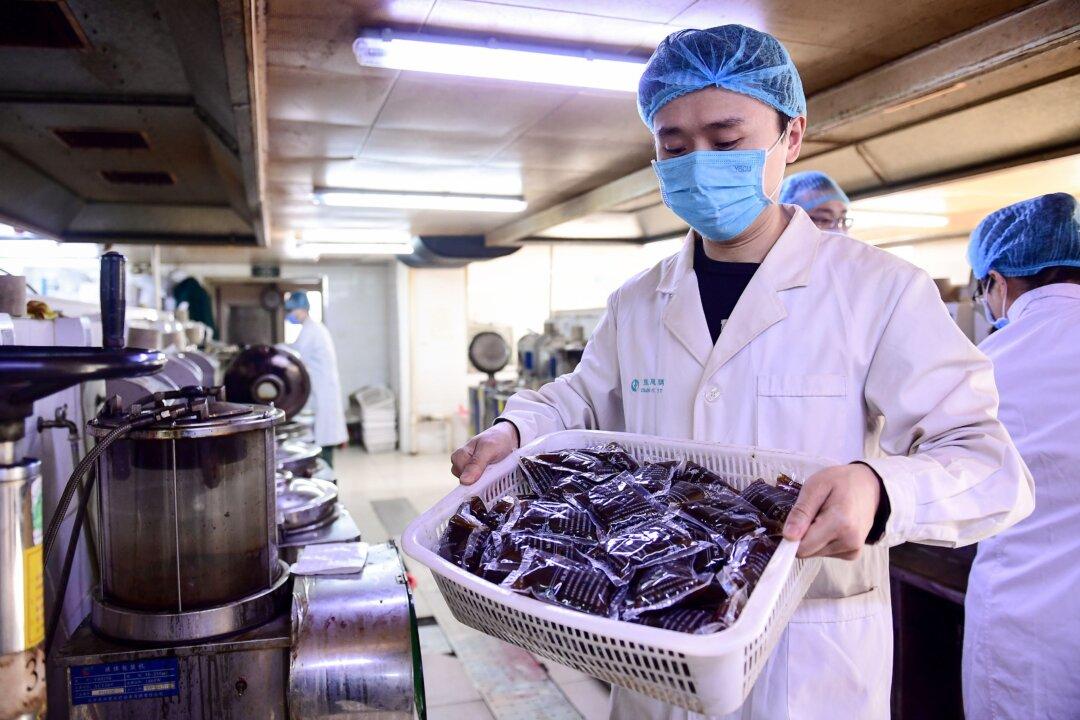As the Wuhan coronavirus dominates the news cycle and doctors race to find a treatment for COVID-19, it may be worth investigating the role that Traditional Chinese Medicine (TCM) can play in helping to prevent the disease.
There are currently “no approved diagnostics, vaccines, or treatments for COVID-19,” the U.S. Department of Health & Human Services said in a press release on Friday. Avoiding exposure to the virus is the most effective way to prevent the illness.






